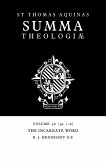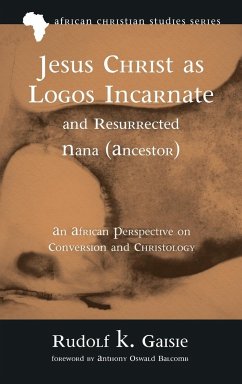The pastiche of Catholic doctrine is richly adorned with fibril that span across centuries, capturing both the profound and the practical dimensions of human existence. In this interwoven narrative, two distinct strands emerge: the commitment to social justice and the defense of faith through apologetics. While they may seem disparate at first glance, a closer examination reveals a deep-seated connection between them, especially when it comes to the tenet of the "Option for the Poor and Vulnerable" and the theological justification of the divinity of Jesus Christ. Our exploration begins with an understanding of Catholic Social Justice as a profound commitment that transcends mere charity. It represents a structured and theologically rooted imperative to stand with the marginalized and to advocate for systemic changes that reflect the inherent dignity of every person. This principle is not just a call to assist the needy but a reminder of the moral duty to transform unjust structures. The "Option for the Poor" thus challenges us to identify and rectify societal inequities with an urgency that reflects the teachings of Christ himself. Parallel to this social ethos lies the rigorous discipline of apologetics, tasked with defending the tenets of faith amidst the skepticism woven into modern discourse. Christian apologetics, especially concerning the divinity of Jesus, engages with reason and belief, inviting dialogue with both adherents and critics. It is a journey through historical, scriptural, and doctrinal landscapes, unearthing evidence to illuminate and affirm the identity of Christ as more than a historical figure-as a divine one. In this intellectual odyssey, we come to recognize the harmonious resonance between advocating for the marginalized and proclaiming the divine nature of Jesus. The Gospels continually underscore Jesus' profound identification with the poor, a reflection of both his human empathy and divine mission. His life invites us to consider how true divinity is shown not through dominance, but through service, especially to those on the periphery of society. The tension between faith and reason is neither new nor resolvable in simple terms. Yet, the cross-pollination between social justice and apologetics presents a compelling narrative for the modern world, particularly within Catholic thought. Their intersection beckons theologians, sociologists, and believers alike to explore doctrines that are often viewed in isolation. An intricate dance exists between the call to action towards justice and the rational defense of divine mysteries. This does not imply a compromise but rather a synthesis, where each element enriches the other. The commitment to social justice becomes not only an ethical mandate but a testament to the truth of Christ's teachings. Correspondingly, the apologetic defense of Jesus as the Son of God finds its most poignant expression in the lived reality of service to the least among us. Furthermore, the theological reflections embedded in social justice and apologetics invite an allegorical interpretation. Jesus, as depicted in the Gospels, often speaks in parables-a method that transcends direct didactic teaching and invites deeper contemplation. These stories, rich with layers of meaning, challenge both the believer and the thinker to delve beyond the surface, questioning, interpreting, and ultimately integrating these lessons into life's moral and spiritual fabric.
Hinweis: Dieser Artikel kann nur an eine deutsche Lieferadresse ausgeliefert werden.
Hinweis: Dieser Artikel kann nur an eine deutsche Lieferadresse ausgeliefert werden.








